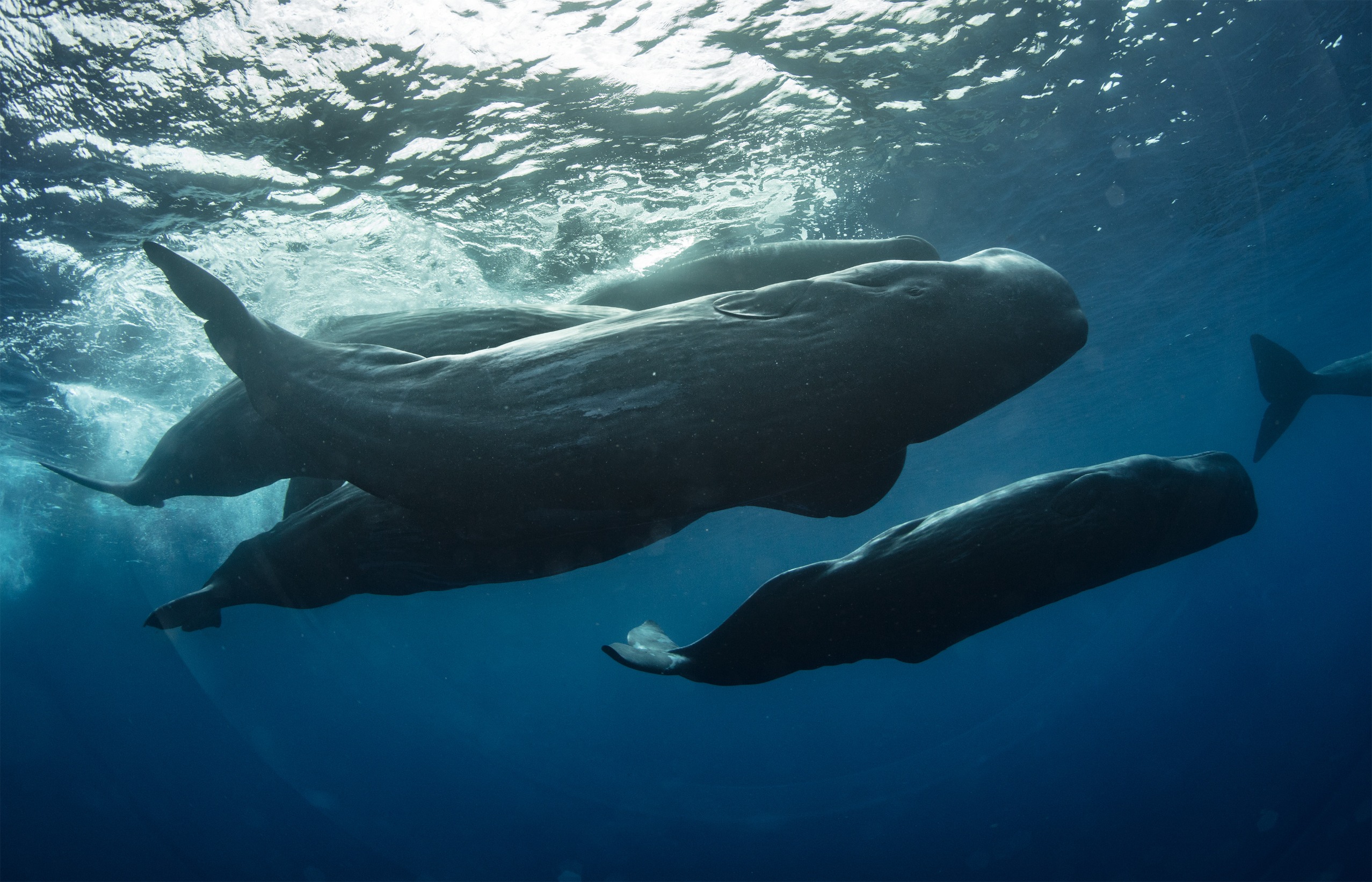While we’re exceptionally thorough in making sure our plastic waste fills every corner of the earth, we’re simultaneously shockingly effective in allowing methane gas to burn away the ozone layer. It’s impressive really.
But perhaps more impressive is how Mango Materials is tackling both our plastics and our methane problem at the same time while allowing us to continue to use our beloved plastics and produce methane.
Methane, for those who skipped chemistry, is a greenhouse gas emitted from industry, agriculture, and waste management activities like wastewater treatment plants.
While doing her PhD at Stanford University, Molly Morse and co-founder Allison Pieja found a way to produce a biodegradable plastic using bacteria fed by methane. This was the starting point for Mango Materials, founded in 2010 by Morse and Pieja.
Mango Materials takes the methane gas produced by, for example, a wastewater treatment plant and feeds this to bacteria. Through a microbial process, these bacteria then produce a biopolymer called PHB (stands for poly-hydroxybutryate in case you were wondering), which is very similar to polypropylene (currently a widely-used thermoplastic). The PHB is then used to create “plastic” products like shampoo bottles, toys, packaging etc. etc. The only difference is that these plastics actually quickly biodegrade back down to methane whereas our current water bottles will take 450 years on average to degrade. Oh, and extra fun fact: Mango Materials’ technique is completely cost-competitive with conventional oil-based plastics.
You do the math.
In 2012, Mango Materials won the Postcode Lottery Green Challenge allowing them to start producing sample products while simultaneously offering validation and extensive international coverage for their business. Their cradle-to-cradle approach to our plastics and methane problem has continued to win them many awards, including recently the Top Green Chemistry Innovator by LAUNCH and Think Beyond Plastic’s “Most Innovative Business” award.
Mango Materials is currently only producing research grade materials but will hopefully start commercial use soon.
Are you plastics ocean-proof? Sign up for the Postcode Lottery’s Green Challenge 2016 for the chance to win € 500,000.00 ($560,000)!











